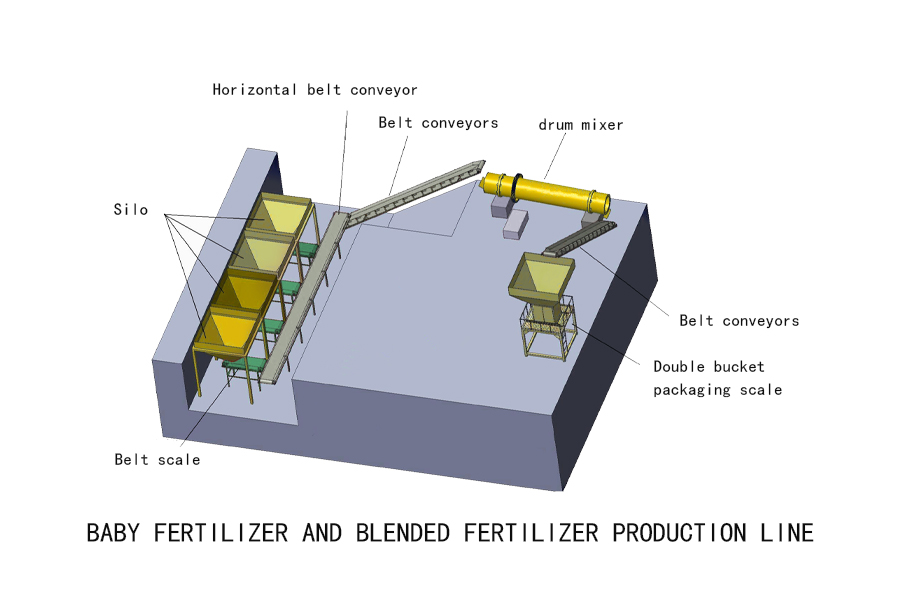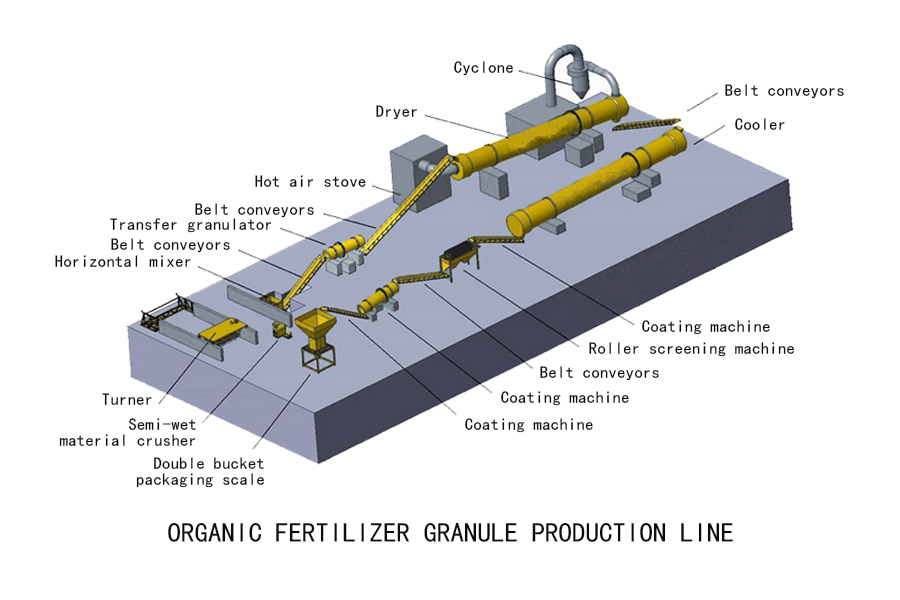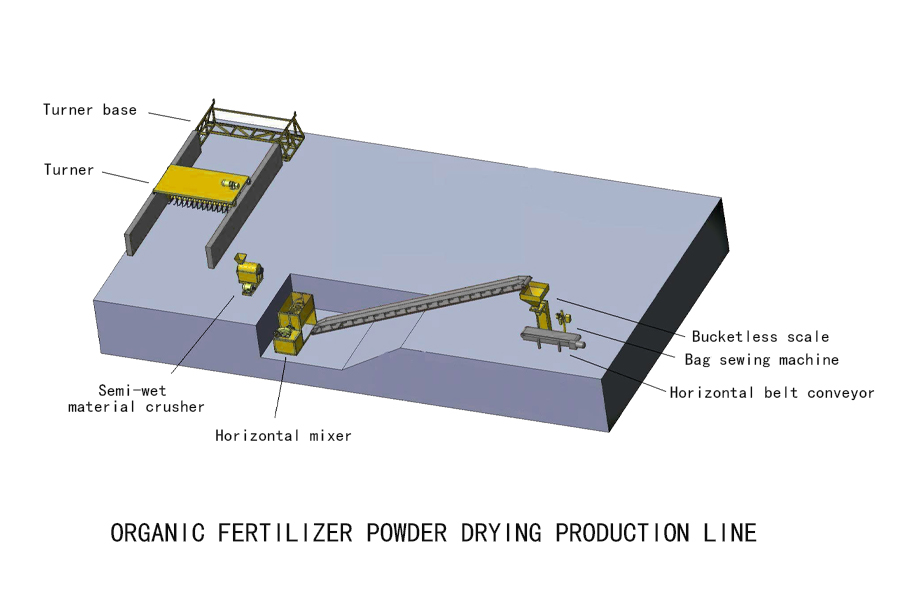
Have you ever wondered how organic fertilizer production lines can revolutionize agriculture? These systems not only convert waste into valuable resources but also streamline the supply chain for farmers and distributors alike. In a world increasingly focused on sustainability, understanding these processes is more important than ever.
Exploring Organic Fertilizer Production Lines
Organic fertilizer production lines are fascinating systems designed to transform raw materials like agricultural waste, food scraps, and other organic matter into nutrient-rich fertilizers. This process typically involves several stages: composting, granulation, and packaging. Each stage plays a crucial role in ensuring that the final product is both effective and environmentally friendly. By utilizing advanced technology, these production lines minimize waste while maximizing output efficiency—an essential factor in today’s fast-paced agricultural market.
Diving into BB Fertilizer Blending Line

The BB (Bulk Blending) fertilizer blending line represents another innovative approach within the realm of fertilization techniques. Unlike traditional methods that rely solely on single-nutrient fertilizers, BB blending allows for customized mixtures tailored to specific crop needs. This flexibility not only enhances soil health but also improves crop yields significantly. The integration of this system with organic fertilizer production lines creates a seamless flow from raw material processing to end-user application—a true game-changer for modern farming practices.
Find more about BB fertilizer blending line.
Xincheng’s Role in Advancing Technology
Xincheng has emerged as a leader in developing cutting-edge equipment for organic fertilizer production lines and BB blending technologies. Their commitment to innovation ensures that producers have access to state-of-the-art machinery capable of meeting diverse agricultural demands efficiently. With Xincheng’s solutions, businesses can optimize their operations by reducing downtime and increasing productivity—all while adhering to sustainable practices that benefit our planet.
Conclusion: The Future of Sustainable Agriculture
The evolution of organic fertilizer production lines signifies an exciting shift towards more efficient supply chains in agriculture. As we embrace these advancements—whether through enhanced blending techniques or innovative machinery—we pave the way for healthier soils and bountiful harvests without compromising environmental integrity. It’s clear that investing in such technologies will be vital as we strive toward sustainable farming solutions worldwide.


